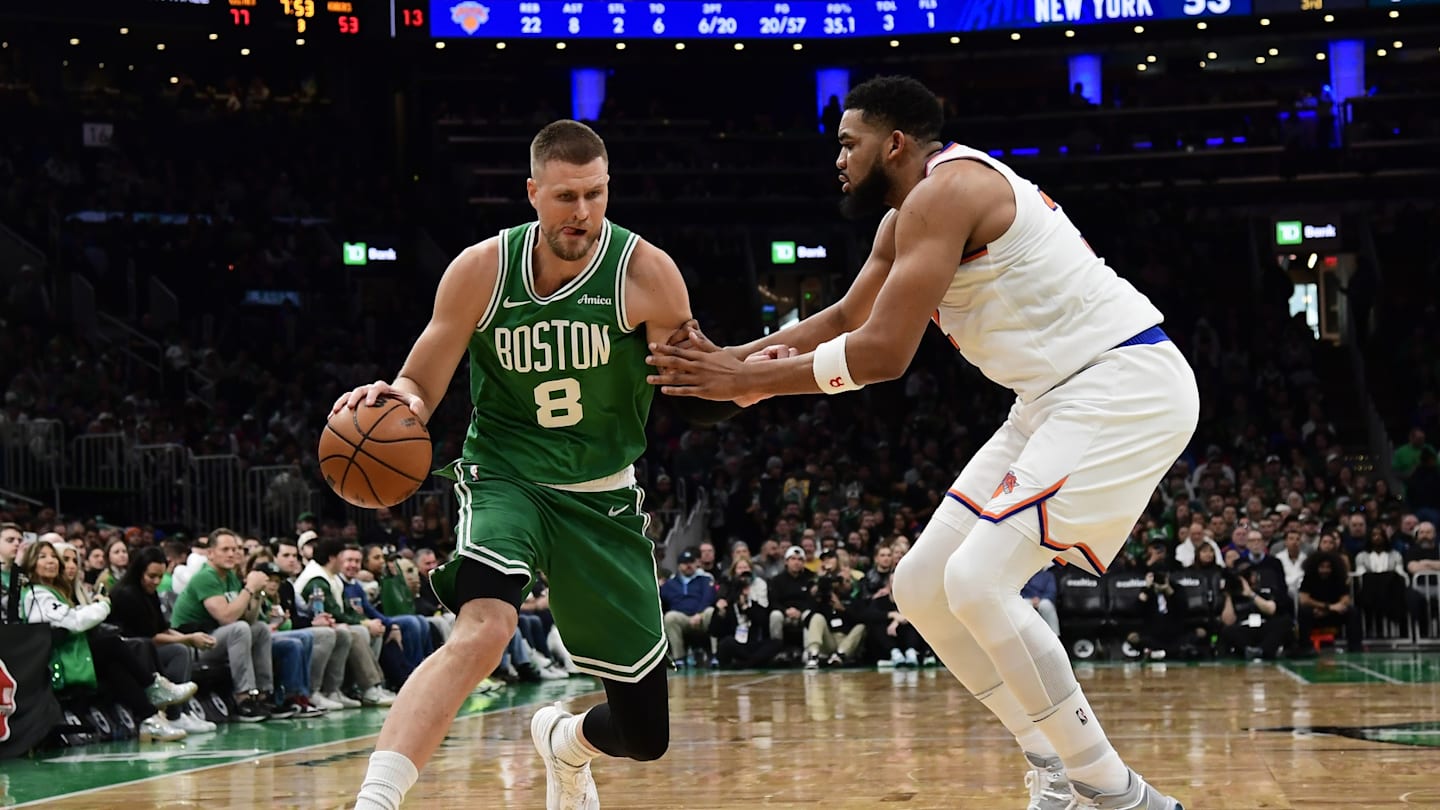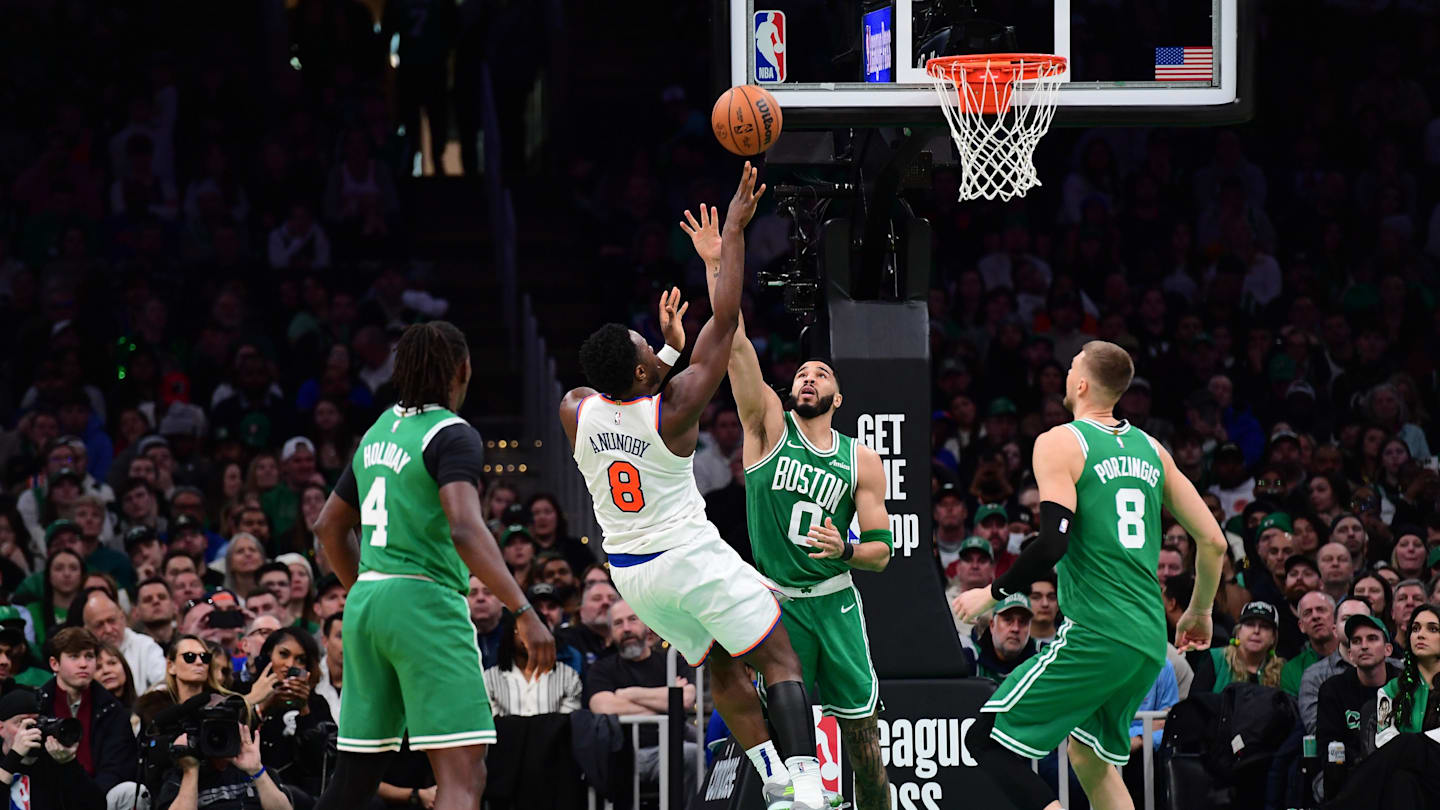Summarizing the TNT lawsuit against the NBA

You might have heard that the NBA has agreed to an 11-year media rights deal with The Walt Disney Company, NBCUniversal, and Amazon Prime Video, effective from the 2025-26 to 2035-36 seasons. These deals aim to maximize the reach and accessibility of NBA games for fans in the U.S. and globally. Under the new agreements, all national games will be available on streaming services like Prime Video, Peacock, and ESPN’s upcoming direct-to-consumer service.
Furthermore, the new NBA media agreements will significantly increase the number of games shown on broadcast television. Per the terms, around 75 regular-season games will be broadcast on TV each season, up from 15. Disney will retain the top package, including the NBA Finals, with ABC and ESPN airing nearly 100 games. NBC returns as a broadcaster with up to 100 regular-season games. Amazon will distribute 66 regular-season games–including Thursday night doubleheaders and special events like the Black Friday game–and stream all six SoFi NBA Play-In Tournament games and a portion of the playoffs globally through Prime Video.
The new NBA media agreements represent a major shift in strategy, embracing streaming platforms while maintaining a strong presence on traditional broadcast and cable networks. The NBA app will direct fans to national games on Disney, NBCU, and Amazon platforms, and the deals also include increased distribution of WNBA and NBA G League games. The NBA proposes that this approach ensures greater access to NBA content and expands the league’s global reach.
All the NBA teams appear to be on board with the move, with one exception. James Dolan of the New York Knicks was the only NBA owner to vote against the new media rights deal.
As a result of the deal, Amazon is set to take over NBA games previously broadcast on TNT. In response, TBS, the owner of TNT, has filed a lawsuit against the NBA over a dispute regarding matching rights. TBS claims it had the right to match any third-party offer for NBA broadcasting rights under its existing agreement and asserts it matched Amazon’s offer, but the NBA rejected it. Alleging breach of contract, TBS is seeking either an intervention on its behalf or monetary damages.
TBS has accused the NBA of bad faith, claiming it structured the Amazon offer to circumvent TBS’s matching rights, violating their agreement’s good faith clause. TBS emphasizes the importance of their long-standing relationship–TNT has broadcast NBA games since 1989–and argues that losing these rights would irreparably harm its business, affecting cable fees, programming promotions, etc.
The dispute centers on whether TBS sufficiently matched Amazon’s offer. TBS argues that it did; the NBA disagrees. The Association argues that TBS failed to match Amazon’s offer because Amazon’s proposal involves internet-based distribution via Prime Video, while TBS’s rights are primarily for television via TNT.
This distinction is crucial in modern media rights deals.
The dispute highlights the complexities of media rights in the digital age, where content delivery methods are as important as the material being transmitted. The NBA’s stance reflects the growing importance of streaming platforms in sports broadcasting and the need to adapt to changing viewer habits. By emphasizing the differences between Amazon’s streaming and TNT’s cable distribution, the NBA underscores the necessity of future-proofing its media deals to remain relevant and accessible. For curiosity’s sake, I’ll include a poll below.
Generally, the lawsuit against the NBA is predicted to have a slim chance of success. However, given the complexity of the situation and to avoid prolonged litigation, the NBA will likely negotiate a settlement, potentially including monetary damages or other concessions. That could preserve their long-standing relationship while still advancing new media agreements. Amazon, with a vested interest in the new deal, might also play a role in the settlement, offering financial contributions or other assistance to ensure a smooth transition of broadcasting rights and a resolution satisfactory to all parties.
James Dolan of the Knicks has strongly criticized the NBA’s new media rights deal. Particularly, he complains about the impact on Regional Sports Networks (RSNs) like MSG Network, which broadcasts Knicks games and is owned by Madison Square Garden Sports Corporation. ESPN reports:
Dolan has been a consistent critic of the league’s revenue sharing policies that distribute money from local media rights and sponsorship deals in high-earning big markets to smaller-market teams. In a November letter to the board of governors, Dolan resigned his positions on the league’s influential advisory/finance and media committees.
Dolan argues that the new deal threatens to eliminate RSNs without providing a viable alternative, leading to fewer games available for local broadcasts. This reduction could harm the financial stability of teams reliant on local broadcasts and make it harder to attract and retain sponsors due to decreased local market exposure. In a letter obtained by ESPN, he wrote:
“The NBA has made the move to an NFL model — deemphasizing and depowering the local market. […] Soon, your only revenue concern will be the sale of tickets and what color next year’s jersey will be. Don’t worry, because due to revenue pooling, you are guaranteed to be neither a success nor a failure. […] Of course, to get there, the league must take down the successful franchises and redistribute to the less successful. This new media deal goes a long way to accomplishing that goal.”
Dolan has also criticized the increased portion of revenue the NBA office would take under the new deal. Ultimately, he warns that this move could lead to a homogenized organization where teams lose their unique identities. He believes the NBA is shifting to an NFL-style model that deemphasizes local markets and redistributes revenue from successful franchises to less successful ones, undermining successful teams and diminishing the importance of local markets, which he sees as vital to the league’s identity and financial health.
That’s the state of things to the best of my feeble understanding. Please check out the poll below—we’re curious to learn how you mostly consumed NBA content last season. (We could have been cheeky and included “Piracy”, I suppose.) As always, please share your thoughts and insights in the comments below. And go Knicks.
Poll
How did you access NBA basketball games last season?
-
0%
Always on TV. Love that Clyde and Breen combo!
(0 votes)
-
0%
Usually on TV, sometimes on App/Internet
(0 votes)
-
0%
About half-and-half
(0 votes)
-
0%
Rarely on TV, usually on App/Internet
(0 votes)
-
0%
Forget TV. All digital, baby!
(0 votes)
0 votes total
Vote Now
Related
NBA: Mark Cuban says he would have asked for more…
Feb 13, 2025; Dallas, Texas, USA; Mark Cuban laughs during the second half of the game between the Dallas Mavericks and Miami Heat at American Airlines
NBA Scout Reveals Why Celtics Can Easily Beats Knicks in…
The Boston Celtics are one of the teams who are expected to be a contender at the end of the season. They are the defending NBA champions, so they feel like the
Nikola Jokić gives peak Nikola Jokić interview with Scott Van…
Nikola Jokić is still rewriting the record books — and treating it like just another day at the office. In a 149-141 overtime win over the Phoenix Suns
Knicks’ Struggles vs. NBA’s Elite Explained
The New York Knicks are one of the best teams in the NBA, but as of late, they have been defined more by their struggles than their triumphs.The Knicks are 0-7











